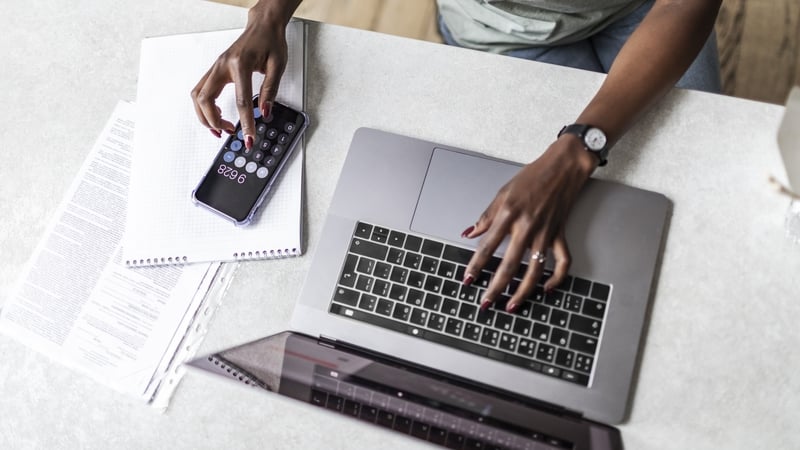Phone use at work linked to reduced stress


Smartphone use for personal purposes while at work can lead to reduced stress as well as lower levels of conflict between work and personal life, according to a new study.
The research was conducted by the University of Galway and the University of Melbourne at the European branch of a global pharmaceutical company.
The company, which is not being named, changed its phone policy, shifting from a restrictive approach to personal phones, to open access for non-work purposes.
The company had originally banned personal use of phones in the 1990s and prior to the study taking place, only senior management could bring their personal mobile phone into the workplace.
Over the course of a year, the research tracked about 40 employees who availed of the new policy and used their personal smartphones when at work, and a similar number who maintained a self-imposed ban by leaving their phones behind them when they stepped inside the work premises.
The study found there were benefits of moderate mobile phone usage in the professional setting, with no discernible impact on worker performance.
The perceived conflict between the demands of work and personal life significantly declined for workers who had access to their phones compared to those who did not.
Employees with access to phones reported being able to help with family issues during the day, helping to reduce pressure on their partners.
Spreading personal communications throughout the day also meant employees were not overwhelmed when they turned on their phone after work
The research was led by Professor Eoin Whelan, at University of Galway’s JE Cairnes School of Business and Economics.
“Rather than enforcing a ban on smartphones in the workplace, our experiences in tracking the introduction of smartphones in this company suggest a more effective strategy would be to establish an organisational climate where the company expectation for smartphone behaviours are known, for example ensuring that they are not used in meetings or in the canteen, with adherence monitored by employees themselves,” Professor Whelan said.
“Managers must realise the unintended consequences of forcing a smartphone ban.”
“Preventing phones in the workplace can increase work-life conflict, which in turn has significant implications for work performance, job satisfaction, absenteeism, turnover intentions, as well as general wellbeing,” he added.
The research noted other studies into personal use of smartphone in the workplace, with some reports suggesting employees spent an average of 56 minutes during a working day on their smartphone for non-work related tasks, and that they check their phone an average of 150 times a day.





